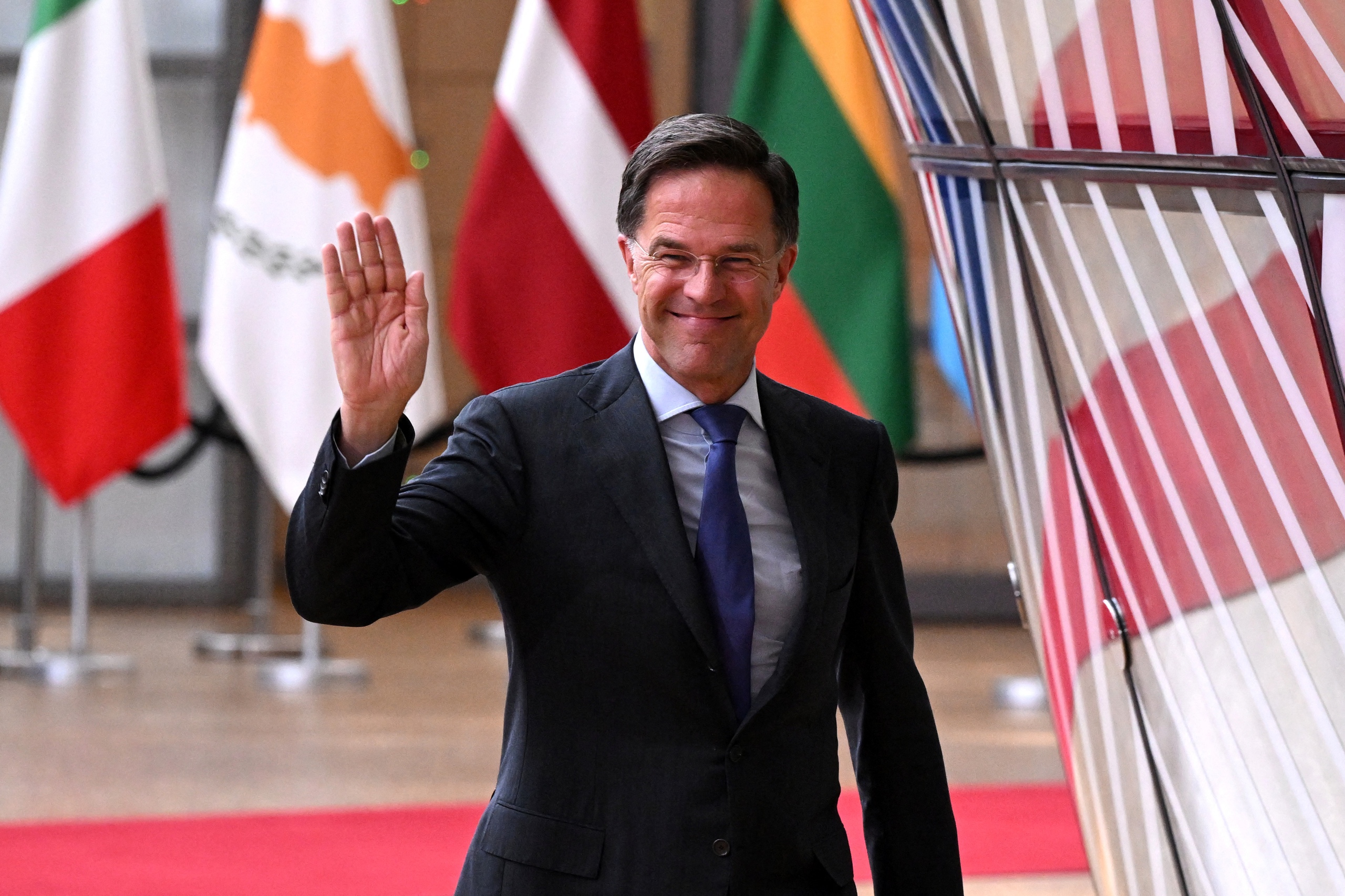
Mr. Rutte attended the European Council meeting in Belgium on June 27.
Former Dutch Prime Minister Mark Rutte will take over as the new secretary general of the North Atlantic Treaty Organization (NATO) on October 1, at a time when the military alliance faces a series of major challenges.
The war in Ukraine, now in its third year, the upcoming US presidential election and the rise of competing powers will pose major challenges for the new secretary-general.
Trump 2.0?
According to AFP, the concern overriding this 32-member alliance is the possibility that former US President Donald Trump will return to the White House after the November election.
Mr Trump is said to have considered withdrawing the US from NATO during his first term and threatened to not defend other countries in the alliance that do not spend enough on defence.
Observers say NATO Secretary General Jens Stoltenberg has averted a major crisis that could have forced Mr Trump to break up the alliance.
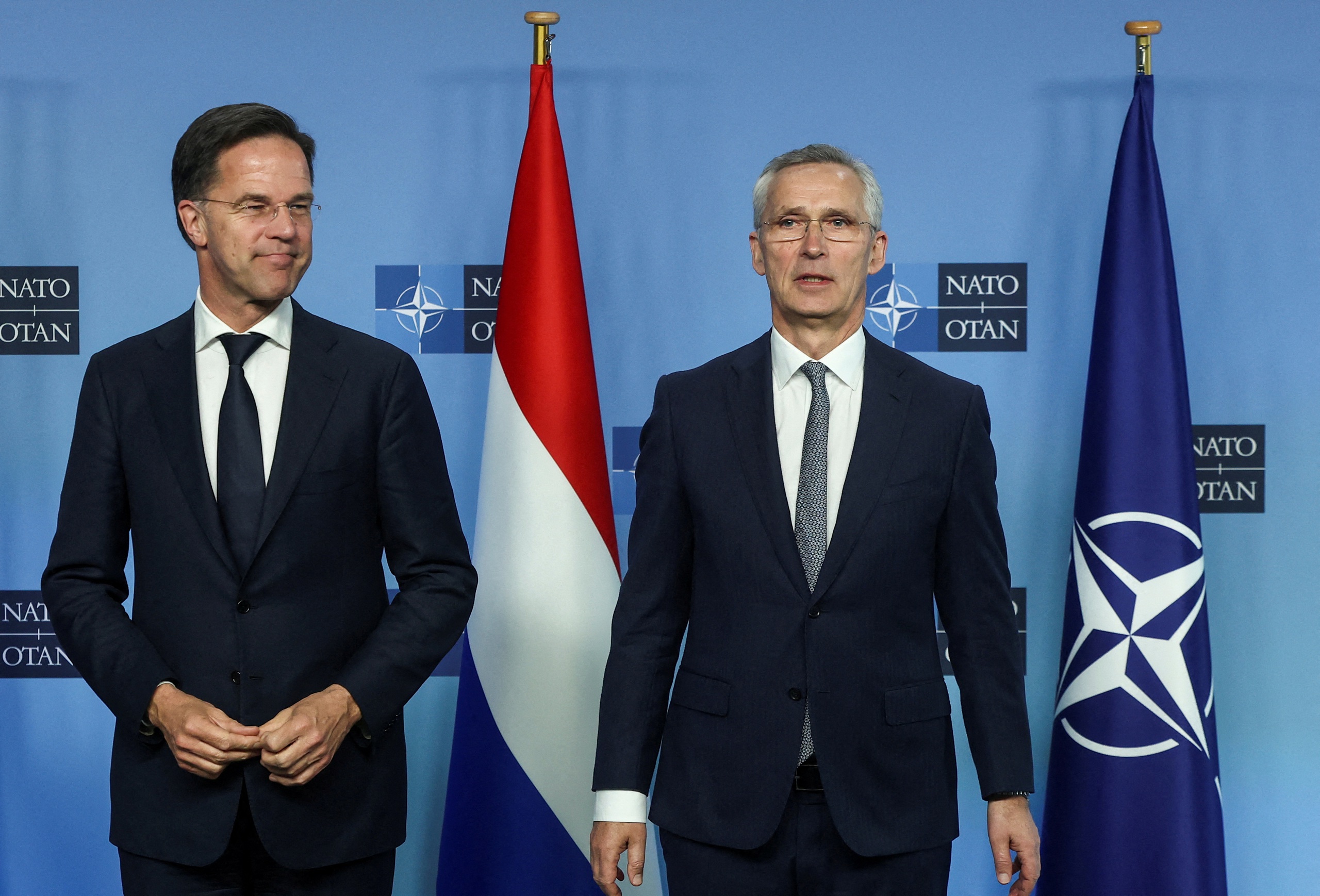
Mr. Rutte and Mr. Stoltenberg at NATO headquarters in Belgium on April 17.
If Mr Trump is re-elected, Mr Rutte will need all the diplomatic skills he has accumulated over 13 years as Dutch prime minister to prevent any possibility that Washington’s role could become weakened.
European allies will have to convince Mr Trump and have increased their spending to keep the US in the alliance, while a victory for Democratic candidate Kamala Harris would reassure NATO in the short term.
Still, diplomats say they think the US will gradually decouple from Europe as Washington shifts toward Asia, regardless of who is in the White House.
Support Ukraine
While concerns about Mr Trump are unlikely to materialise, NATO must face the inevitable reality of the war in Ukraine.
NATO countries led by the US have provided 99% of the foreign military aid that has kept Kyiv forces fighting since 2022. If the war drags on into a fourth year, Mr Rutte will have a key role in rallying Kyiv’s supporters to ensure the aid does not dry up.
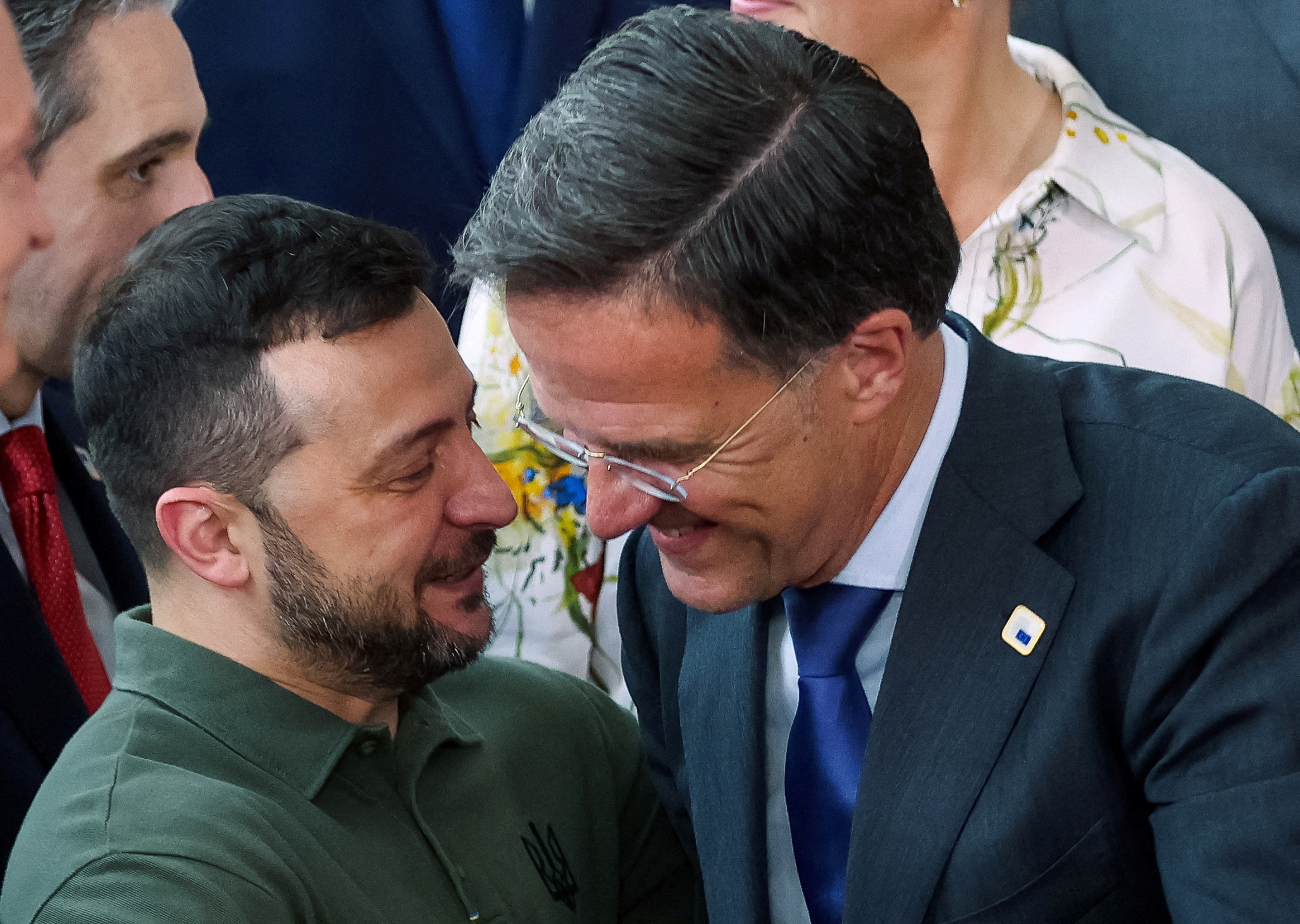
Ukrainian President Volodymyr Zelensky greets Mr. Rutte at the European Council meeting in Belgium on June 27.
Meanwhile, calls for a negotiated solution are growing. NATO at its summit in Washington (9-11.7) took on a greater role in coordinating arms supplies, but failed to finalize long-term support commitments.
Ukraine is also pushing for NATO membership. Balancing Ukraine’s expectations with the caution of its leading allies will be a major task.
Dealing with Russia
Regardless of how the war in Ukraine plays out, NATO countries believe they are likely to face a threat from Russia for decades to come.
Last year, the alliance signed its most comprehensive defense plans since the end of the Cold War, aimed at deterring any possible attack from Russia.
Mr Rutte's key task will be to try to ensure NATO is ready, as well as to ensure that tensions do not escalate into a possible nuclear conflict with Russia.
Western companies were ill-prepared to meet the demands of a full-scale war in Ukraine after decades of underinvestment.
Countries have started to ramp up production but Mr Rutte will have to keep up the pressure to ensure industry is fit for purpose and allies continue to buy what is needed.
Budget problem
All of NATO's solutions to the challenges require a lot of money, analysts say. A decade after NATO set a target for allies to spend 2 percent of their gross domestic product (GDP) on defense, only 23 countries met that target this year. The new NATO secretary general will have to push the remaining countries to make good on that goal. And some NATO officials say much more spending, perhaps as much as 2.5 percent of GDP, is needed to get more troops and weapons. "It's a big challenge (for Mr. Rutte) to convince member countries to invest more and faster in their own defense, to have capabilities that go beyond what they have now," Reuters quoted Peter Bator, Slovakia's former ambassador to NATO, as saying.
Source: https://thanhnien.vn/nhung-bai-toan-kho-cua-nato-duoi-nhiem-ky-tong-thu-ky-moi-185240930160002633.htm


![[Photo] Nhan Dan Newspaper announces the project "Love Vietnam so much"](https://vstatic.vietnam.vn/vietnam/resource/IMAGE/2025/4/17/362f882012d3432783fc92fab1b3e980)
![[Photo] General Secretary To Lam receives French Ambassador to Vietnam Olivier Brochet](https://vstatic.vietnam.vn/vietnam/resource/IMAGE/2025/4/17/49224f0f12e84b66a73b17eb251f7278)

![[Photo] National Assembly Chairman Tran Thanh Man meets with outstanding workers in the oil and gas industry](https://vstatic.vietnam.vn/vietnam/resource/IMAGE/2025/4/17/1d0de4026b75434ab34279624db7ee4a)
![[Photo] Promoting friendship, solidarity and cooperation between the armies and people of the two countries](https://vstatic.vietnam.vn/vietnam/resource/IMAGE/2025/4/17/0c4d087864f14092aed77252590b6bae)
![[Photo] Closing of the 4th Summit of the Partnership for Green Growth and the Global Goals](https://vstatic.vietnam.vn/vietnam/resource/IMAGE/2025/4/17/c0a0df9852c84e58be0a8b939189c85a)


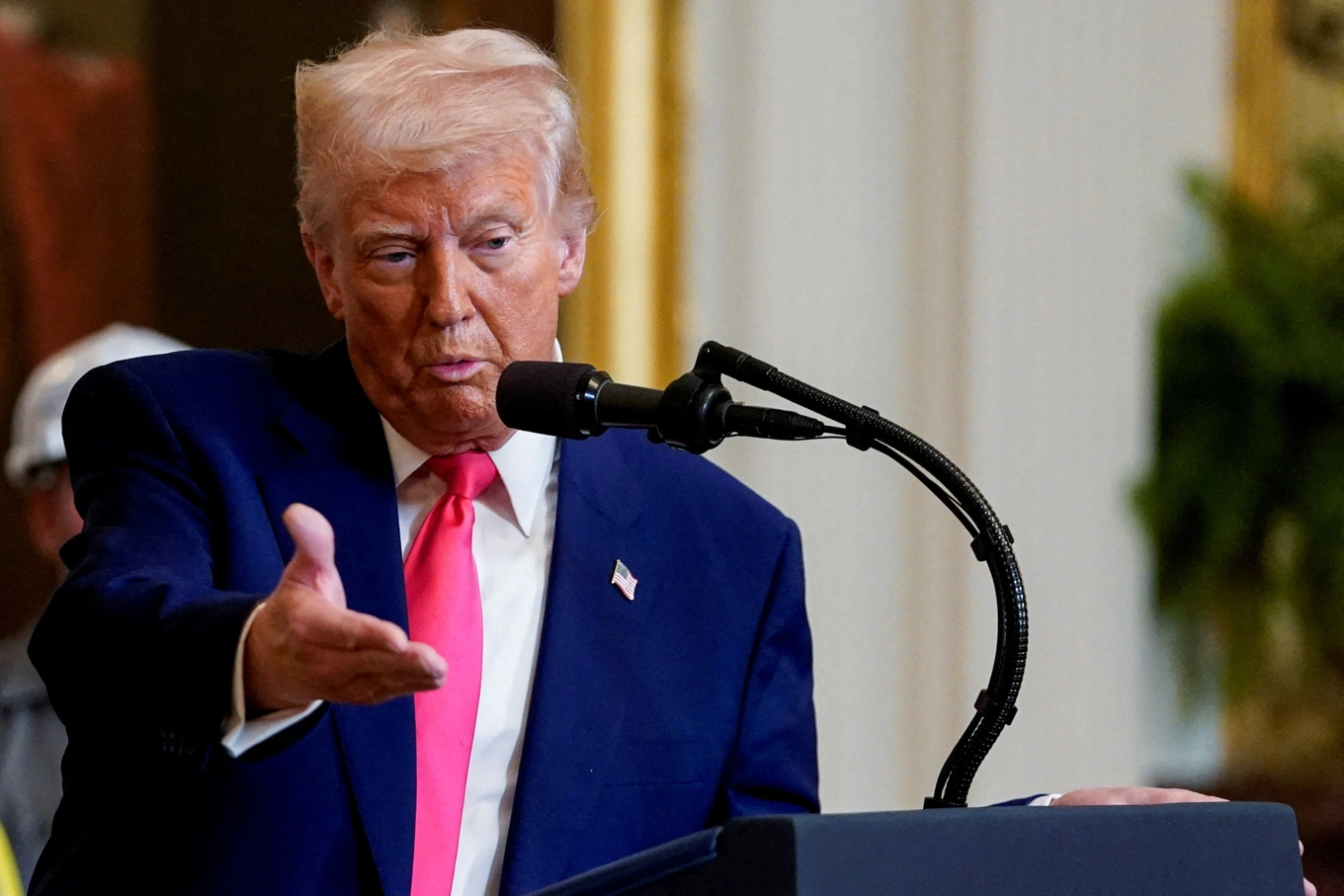

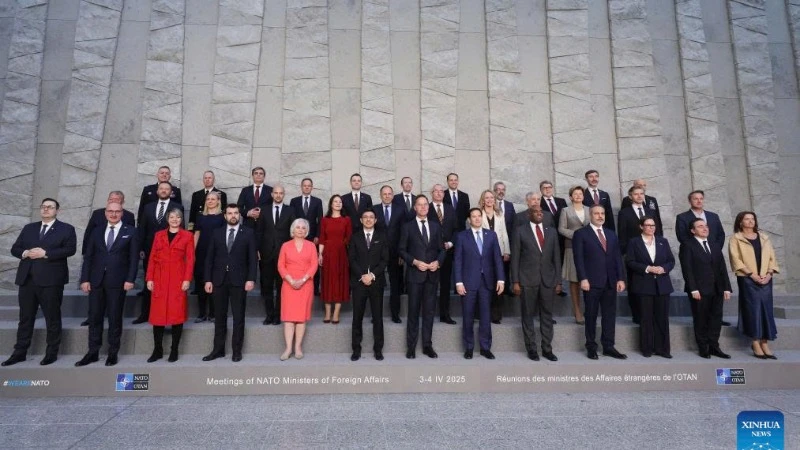

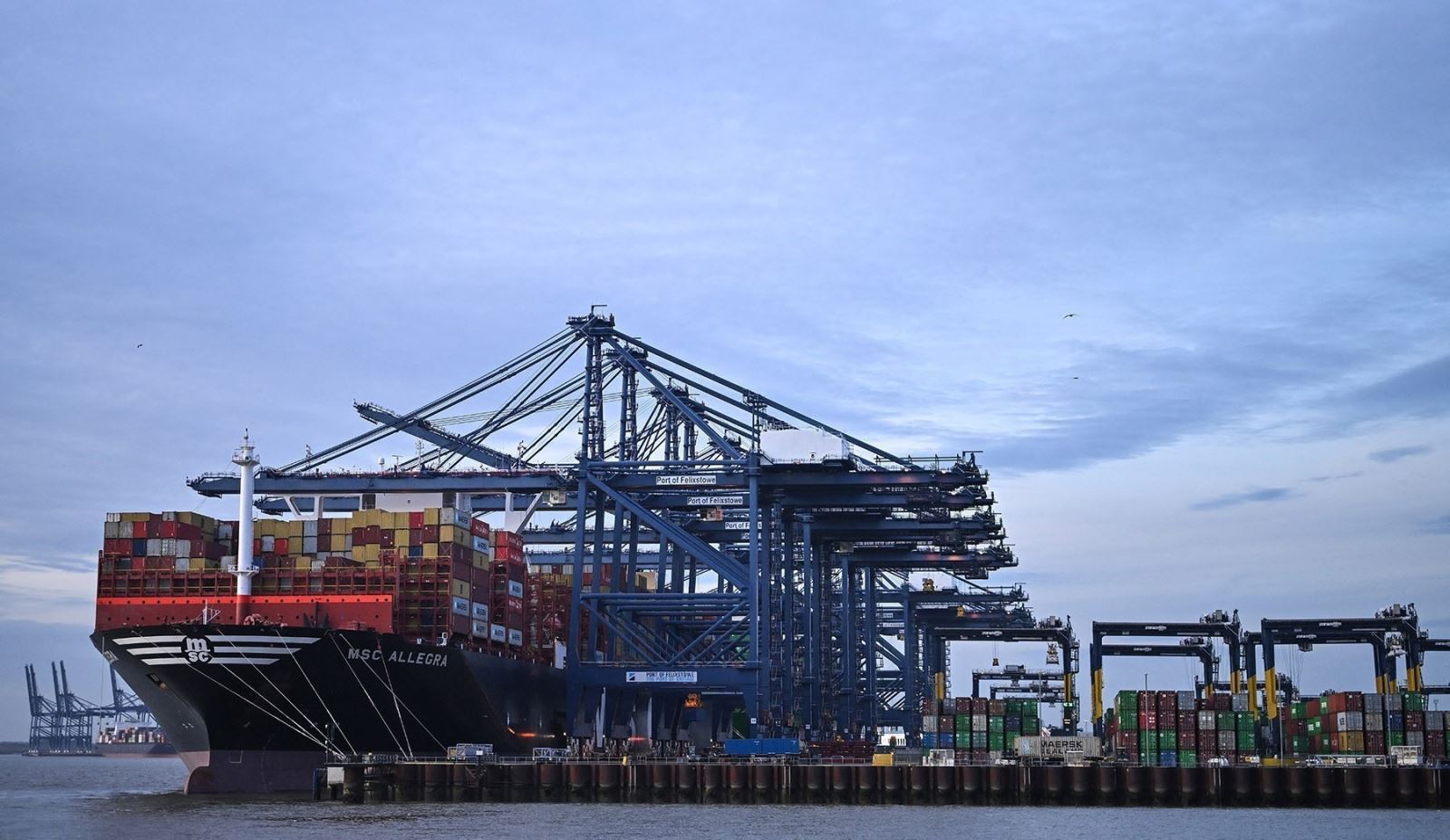



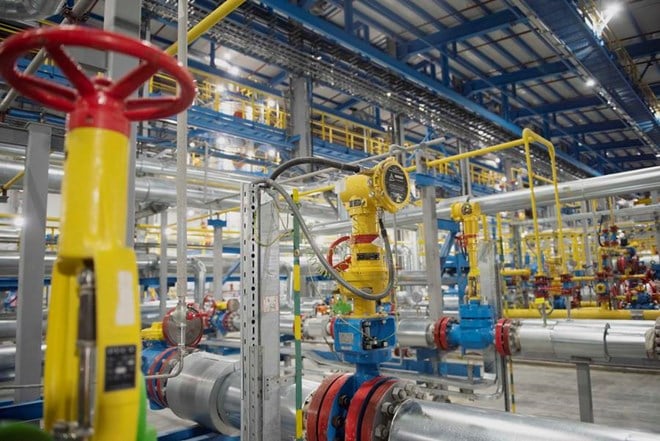

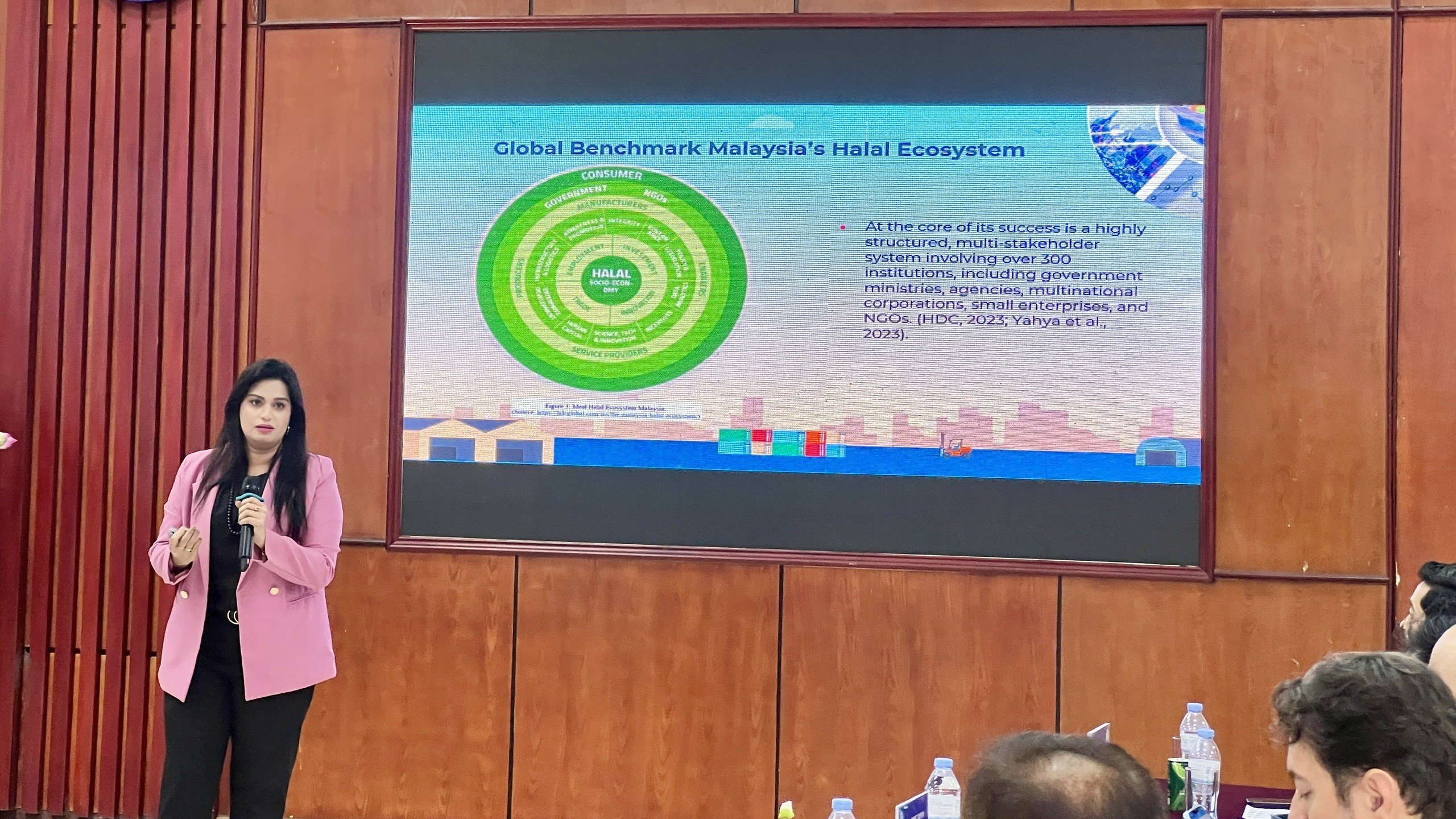
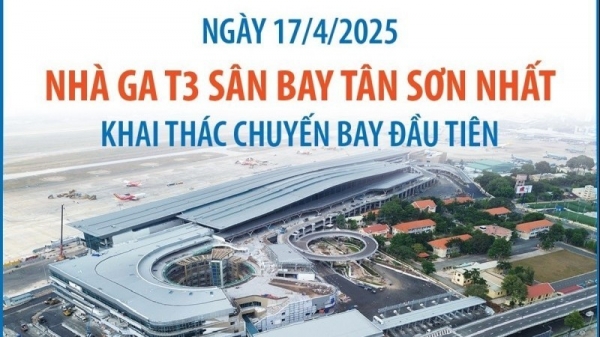
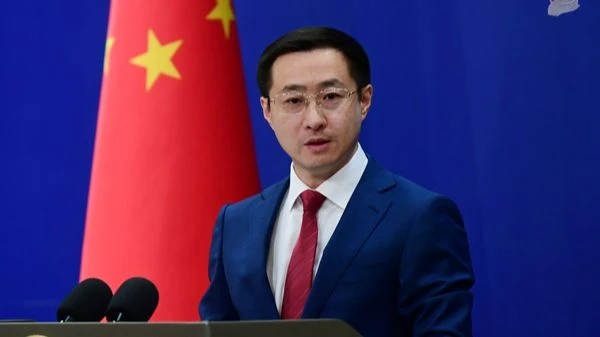
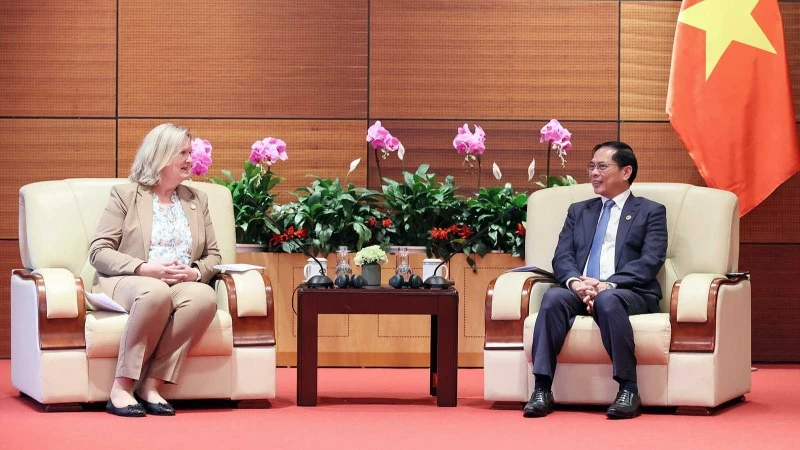
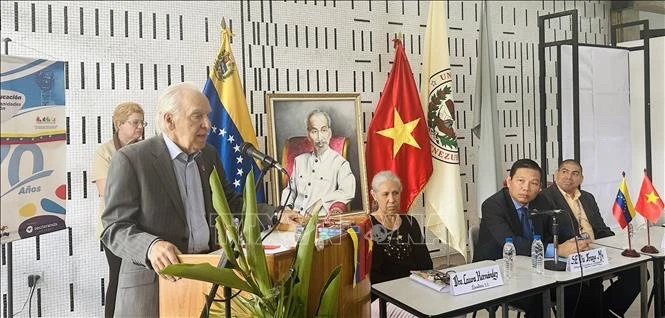
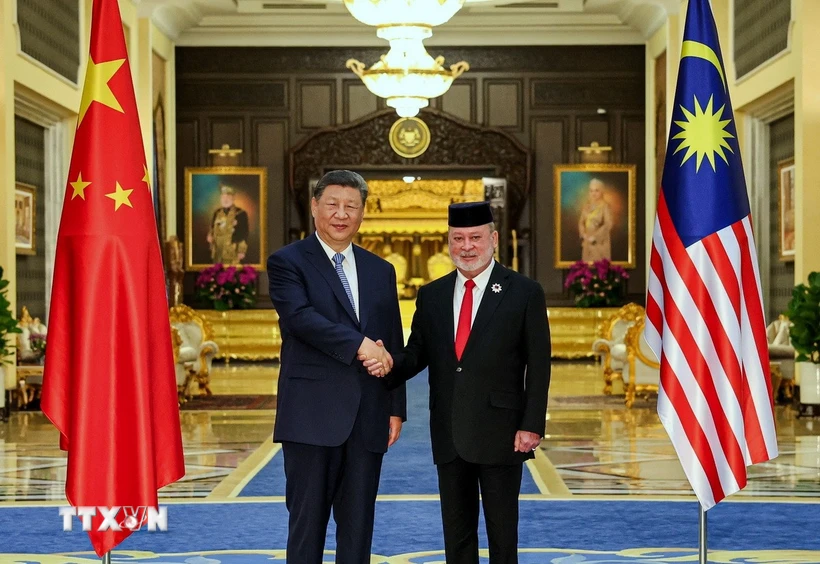




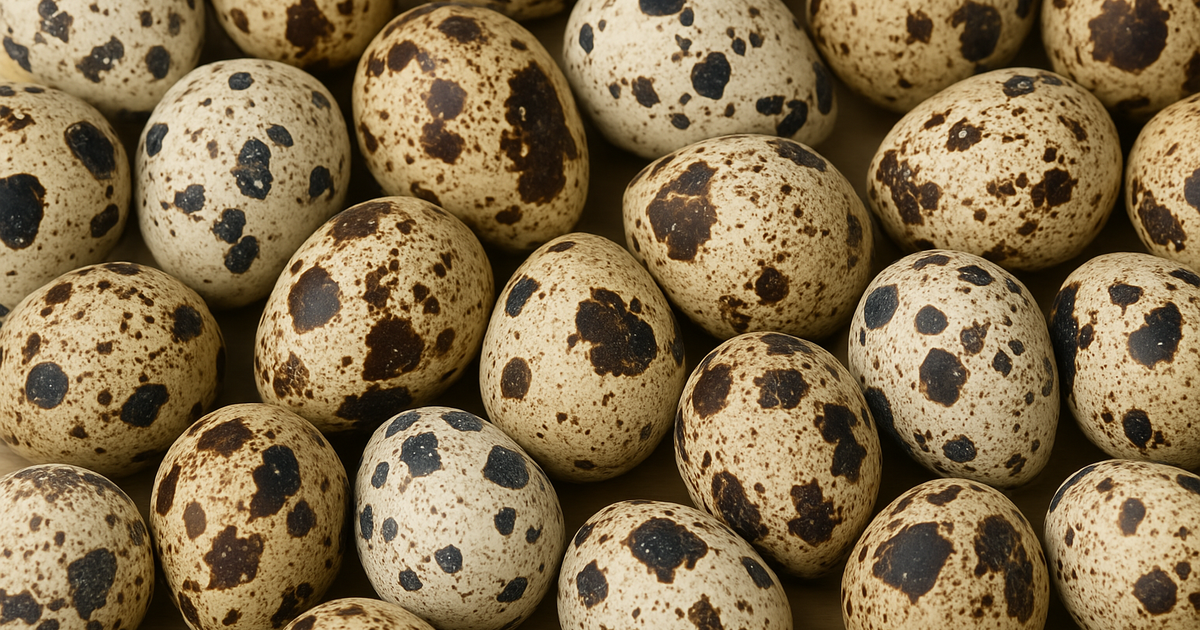
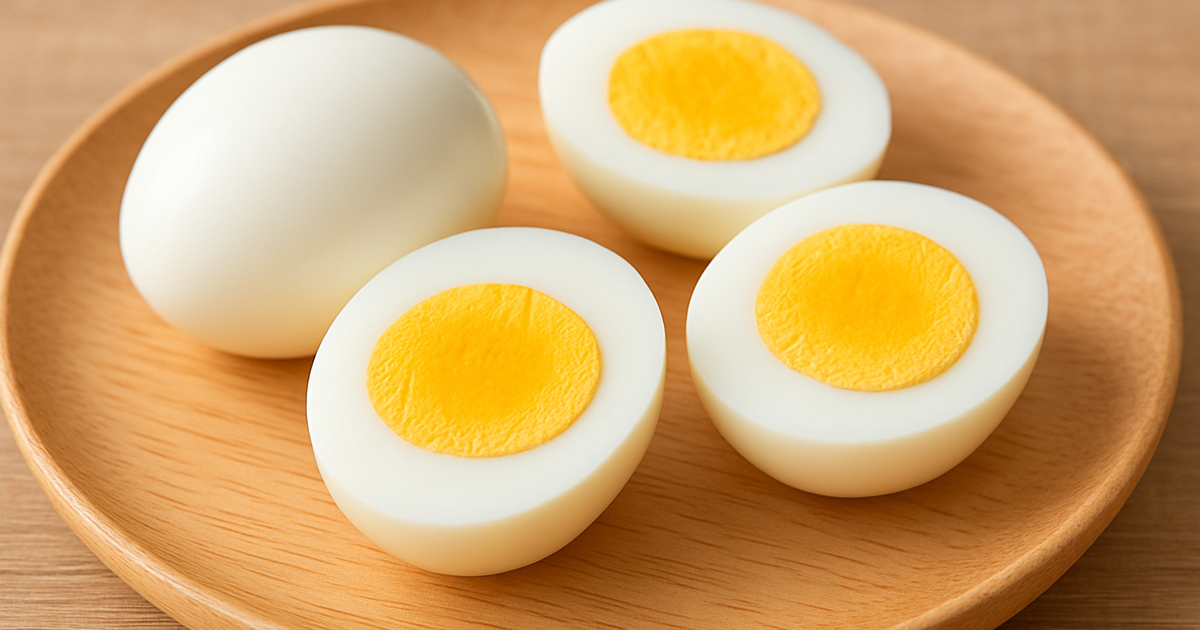

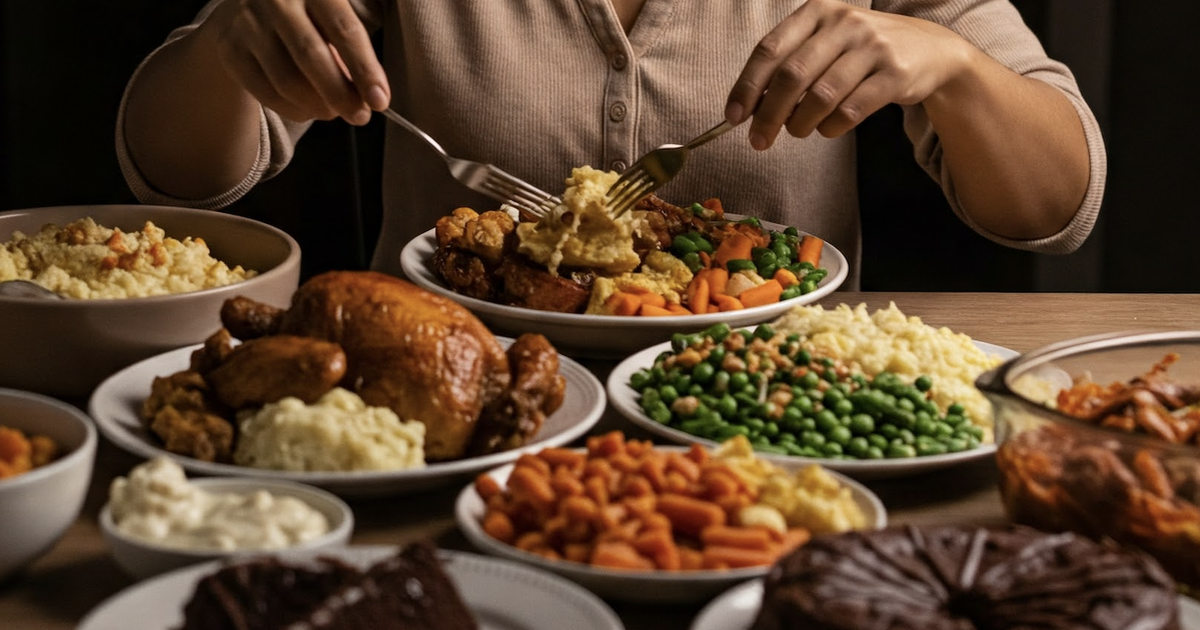
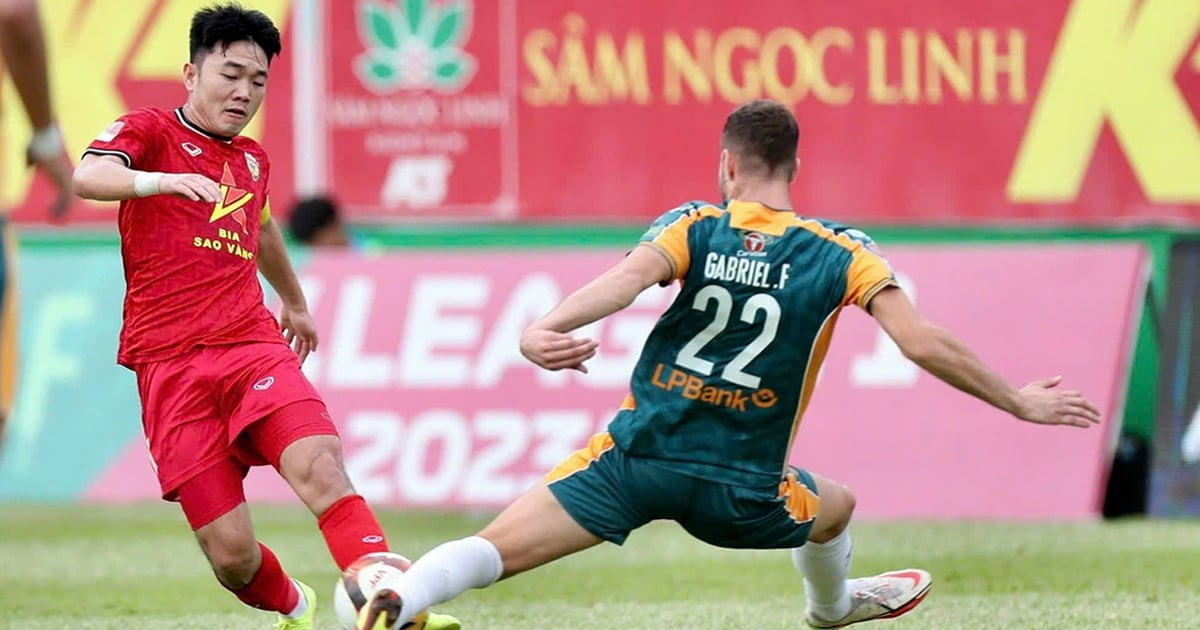
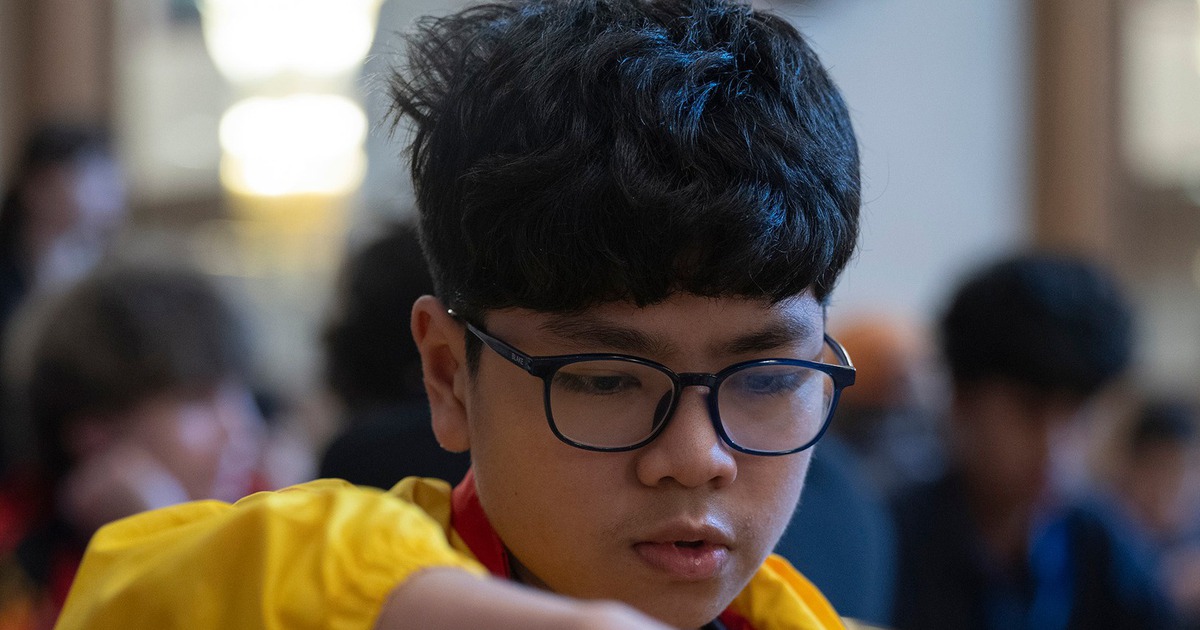
![[Photo] Welcoming ceremony for Chinese Defense Minister and delegation for friendship exchange](https://vstatic.vietnam.vn/vietnam/resource/IMAGE/2025/4/17/fadd533046594e5cacbb28de4c4d5655)

























![[Video] Viettel officially puts into operation the largest submarine optical cable line in Vietnam](https://vstatic.vietnam.vn/vietnam/resource/IMAGE/2025/4/17/f19008c6010c4a538cc422cb791ca0a1)
















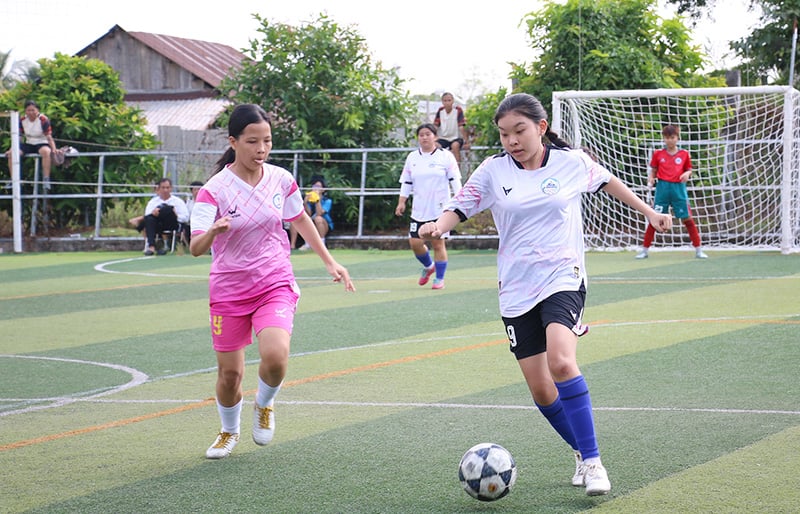
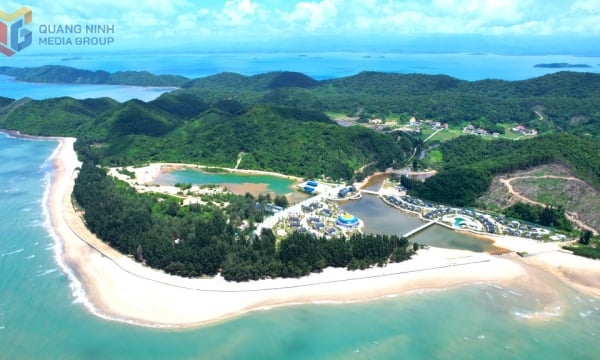



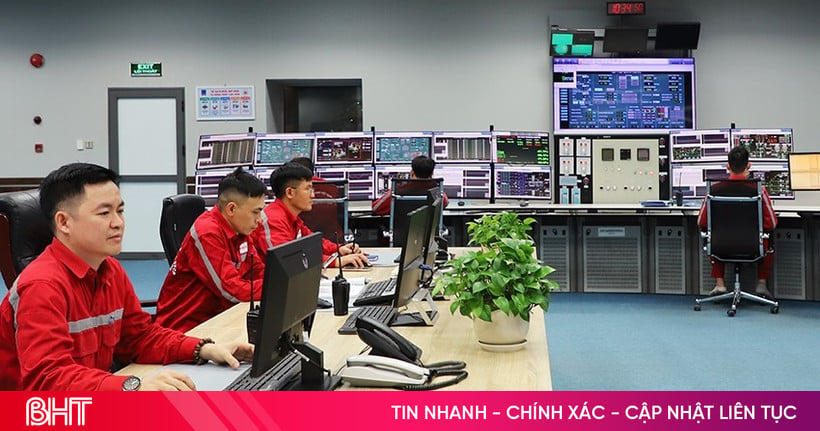
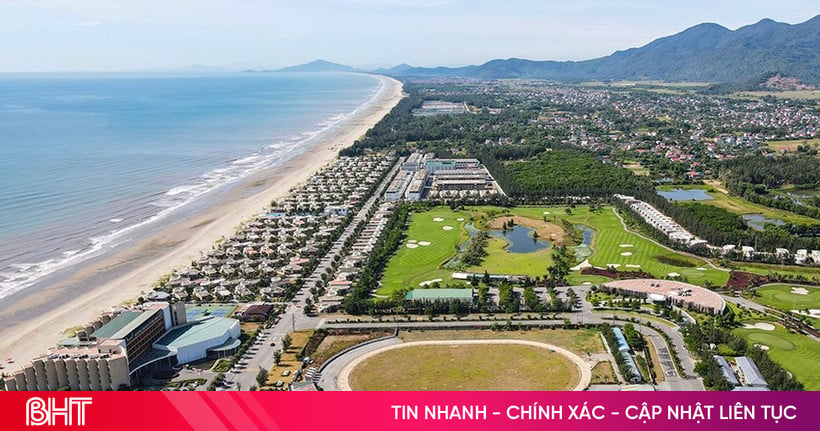
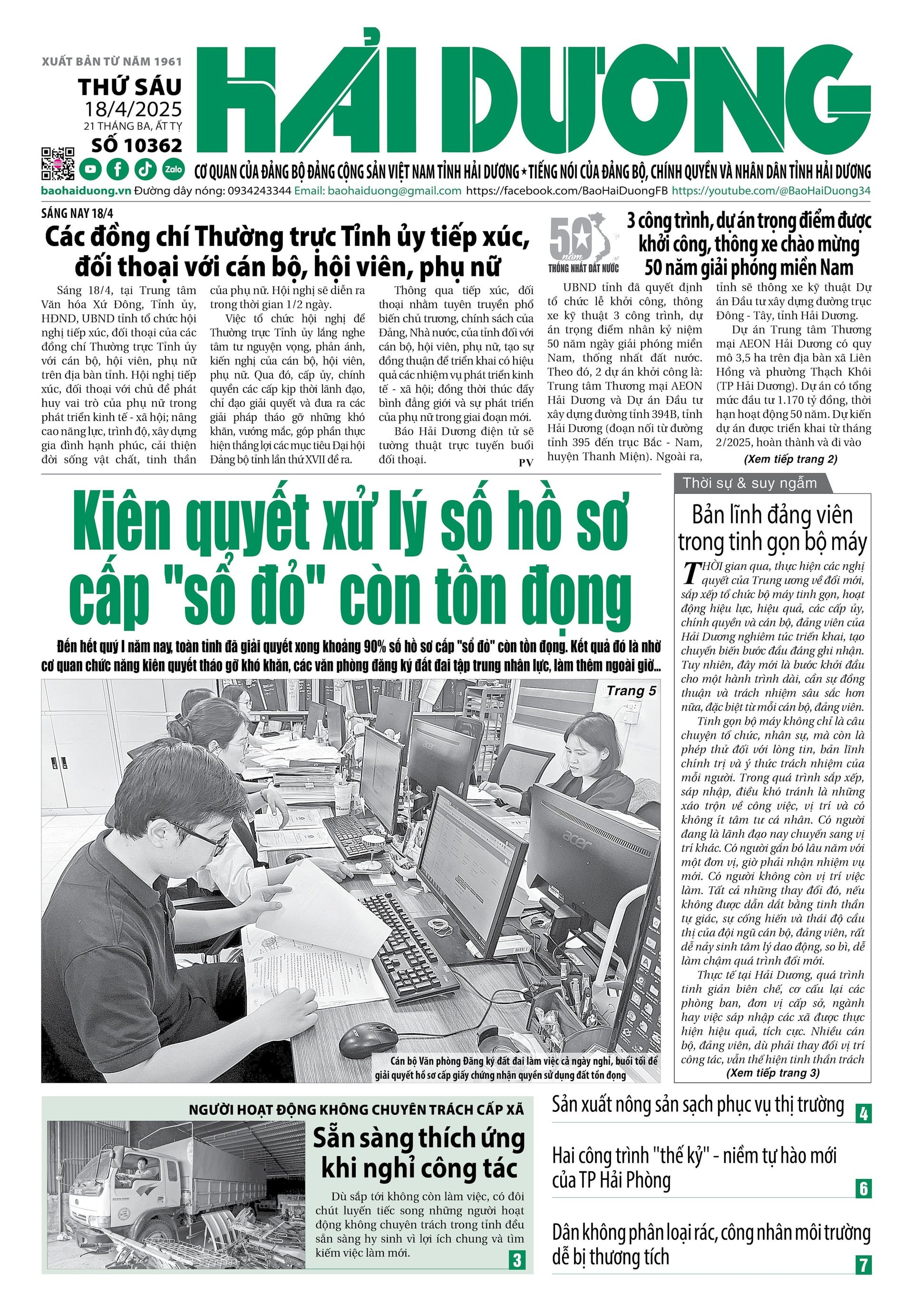












Comment (0)